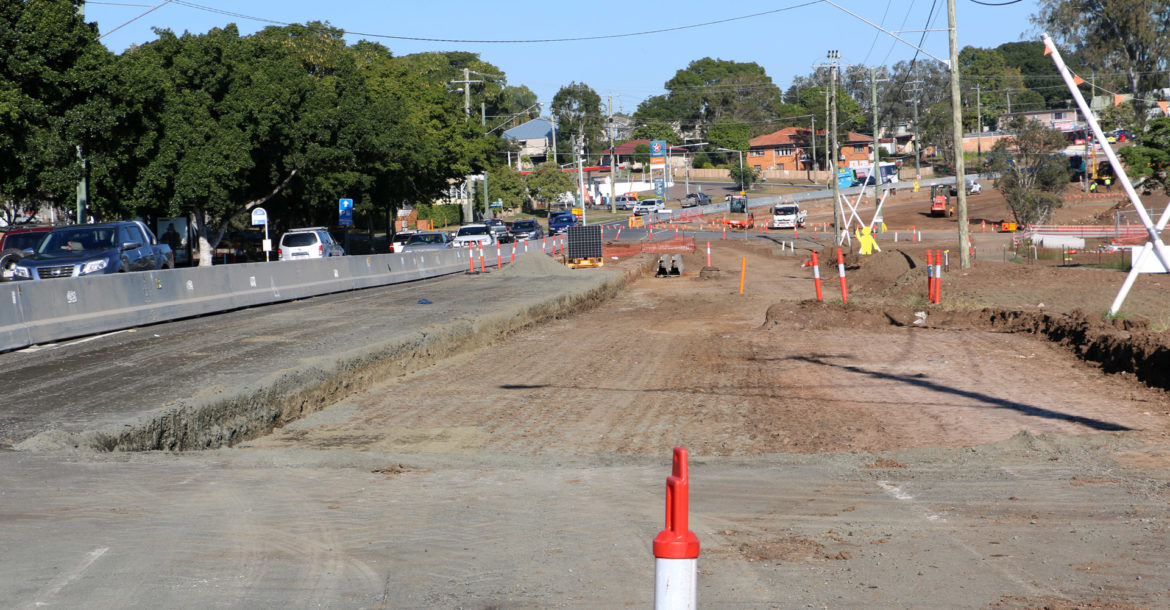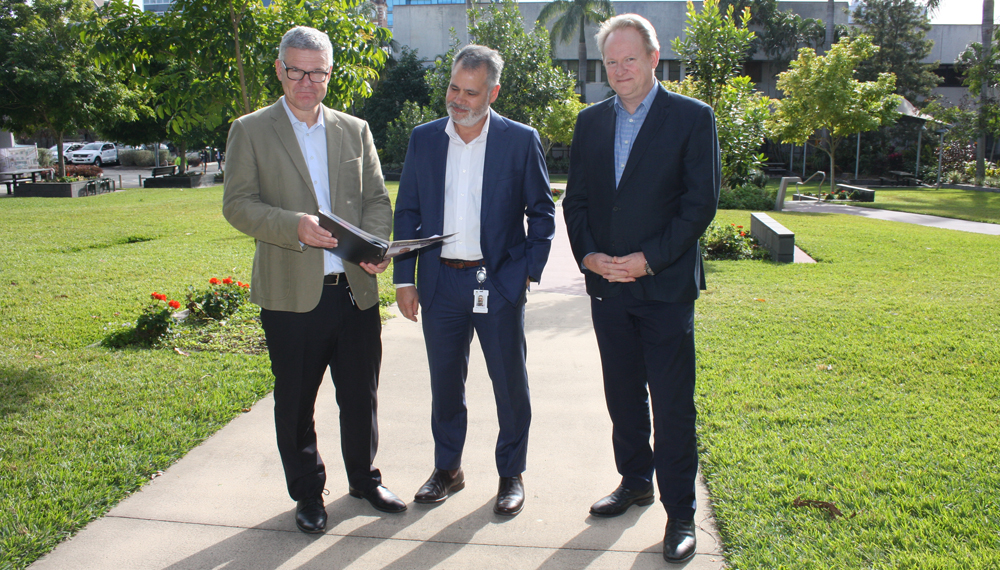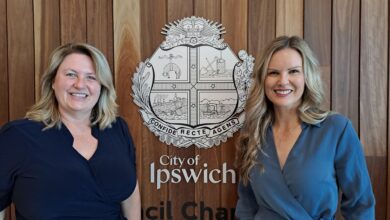Ipswich City Council’s $600 million 2019-20 budget will see an average general rate increase for residential properties of just 1.4 per cent.
Interim Administrator Greg Chemello said the rate rise – which compared very favourably with last year’s 2.5 per cent average increase – amounted to an average increase in total rates and charges of 35 cents per week.
“Council’s 2019-20 budget is all about getting on with the job and delivering the essentials for the community,” he said.
“It’s the biggest budget in Ipswich’s history, and core services expected by residents are a top priority.
“Ipswich’s population continues to grow and recently passed the 220,000 mark. This budget prepares council for significant population growth by allocating money to projects essential to future liveability.”
Mr Chemello said the maximum pensioner concession continues up to $245 per year, with an early payment discount of up to $132 per year.
The average residential owner occupier general rate for 2019-20 will be $1,339 (up from $1,320 in 2018-19). The wheelie bin collection charge will be $361 and the enviroplan levy $45 – both with no increase from last year.
“The City of Ipswich covers an area of more than 1,090 square kilometres. With an area this size, the amount of infrastructure needed to keep this city advancing is significant,” Mr Chemello said.
To that end, council’s overall budget has increased from $515.3 million to $606.1 million in 2019-20, including $242 million in capital works. The highlights of that will be:
- $34 million for road upgrades and road safety improvements
- $29.2 million for road and bridge maintenance
- $24.2 million for parks and the environment
- $111 million for the Nicholas Street – Ipswich Central Redevelopment
Some of the major projects and initiatives featured the $6.8 million Rosewood Library (jointly funded with a Queensland Government contribution of $2.7 million) and completion of the $38 million Springfield Central Sports Complex (with council contributing $4 million).

Major road projects included $3.8 million to complete Old Toowoomba Road upgrade to four lanes, $2.6 million to upgrade Brisbane Street, West Ipswich, and $2.3 million allocated for the city’s accelerated kerb and channel program.
Mr Chemello said the council’s budget will prioritise the important needs of the city.
“It allocates money to projects which will enable council to get the job done and to ensure the city is meeting demands imposed upon us all by rapid growth,” he said.
Mr Chemello acknowledged that Ipswich is one of the fastest growing councils in Australia. The city ranked near the top in Queensland in terms of growth and in the top 10 nationally.
Ipswich is projected to be the home of 480,000 people by 2036. In addition, nearly three million visitors come to Ipswich each year.
He said economic prosperity and jobs, good roads, an improved public transport system and public infrastructure are important components which help the city provide for its constituents.
“It is a progressive budget, yet responsible. It retains a reasonable surplus, yet addresses compelling needs such as the completion of the Nicholas Street development,” he said.
“It ensures the council is delivering basic needs such as waste collection, yet looks to produce a complex business case for a Springfield-Ripley-city rail link.
“It addresses long-overdue governance concerns, yet paves the way for future councillors to develop a more healthy, active and engaged community.”
>> Read the Interim Administrator’s budget speech in full <<
Mr Chemello said council had launched a strategy that aimed to “normalise” property rates in Ipswich to be more comparable with other Southeast Queensland councils.
The cornerstone of the strategy is a long term financial plan to progressively hold the city’s average property rates increases below the Consumer Price Index (CPI) until rates “normalisation” is achieved.
Mr Chemello said that, as an Interim Administrator, he felt obliged to provide a recommended path forward for the elected councillors beyond the March 2020 local government elections by laying out a responsible long term financial plan: savings for ratepayers and residents, a council sticking to its budget, and continued growth across the region, which had been unprecedented in recent years.
“We have a 10-year vision which includes holding average rate increases below CPI for at least the next five, possibly seven years. Once average rates are more comparable with other Southeast Queensland councils, rate increases would then be generally set at or around CPI,” he said.
“We are setting out a thorough price path for this organisation for the future.”
“There will be substantial cost savings in some areas, but I see it more as driving efficiency within this organisation and providing better value for money. Council will continue to deliver first-class services to everyone in the Ipswich community.”
Also read:
>> Road upgrades a major focus in 2019-20 budget


